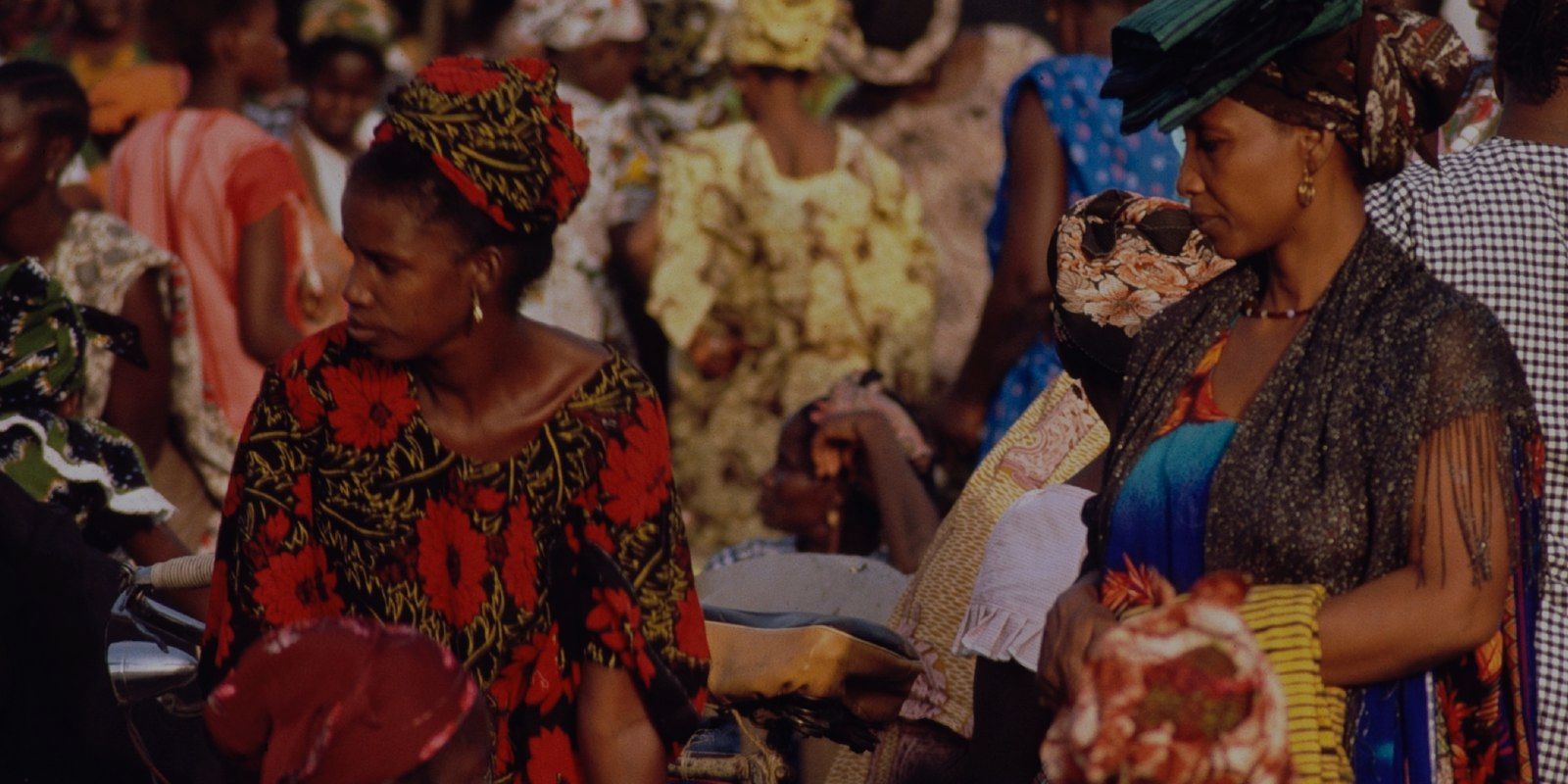
Investing in Agriculture: A New Initiative to Boost Poultry Production in Senegal
In an effort to uplift rural communities and enhance food security, the National Council for Concertation and Rural Cooperation (CNCR) has been awarded a grant of .29 million in Senegal. This funding is part of a broader strategy aimed at empowering young entrepreneurs and their families through increased agricultural productivity, specifically in the poultry sector.
The initiative addresses several key challenges that have historically hindered growth in village poultry production, including genetic, health, food, technological, and organizational constraints. By targeting these issues, the project aims to significantly enhance the productivity of village poultry, which is instrumental in improving both income and nutrition for local families. The plan entails the establishment of formalized rural poultry businesses, which will provide a foundation for sustainable economic growth.
One of the project’s primary objectives is to foster the development of Producer Organizations, which will play a vital role in marketing and strengthening the poultry industry’s infrastructure. Young women and men aged 20 to 35 will be specifically targeted, with plans to engage approximately 1,400 participants—75 percent of whom will be young women. This demographic focus not only promotes gender equity but also ensures that the benefits of economic development are widely distributed.
To facilitate this growth, the project will provide essential support, including access to basic investments and working capital. Additionally, it will ensure the availability of poultry inputs such as animal health services and breeding advice, thereby enhancing overall production efficiency. The establishment of small-scale poultry feed manufacturing units, utilizing local raw materials, will further bolster local economies and create jobs in the community.
The initiative builds upon previous successful projects that have already laid the groundwork for poultry habitat models and the empowerment of poultry farmers. By leveraging these existing frameworks, the current project aims to create a more robust and resilient rural economy.
Poultry farming is particularly advantageous in Senegal, as it allows for short-cycle production that can be repeated multiple times throughout the year, enabling quick returns on investment and contributing to overall economic stability in rural regions. Through this comprehensive approach, the project not only anticipates enhancing food security but also seeks to rebuild the asset base of the rural economy, making it a significant step towards sustainable agricultural development in Senegal.


